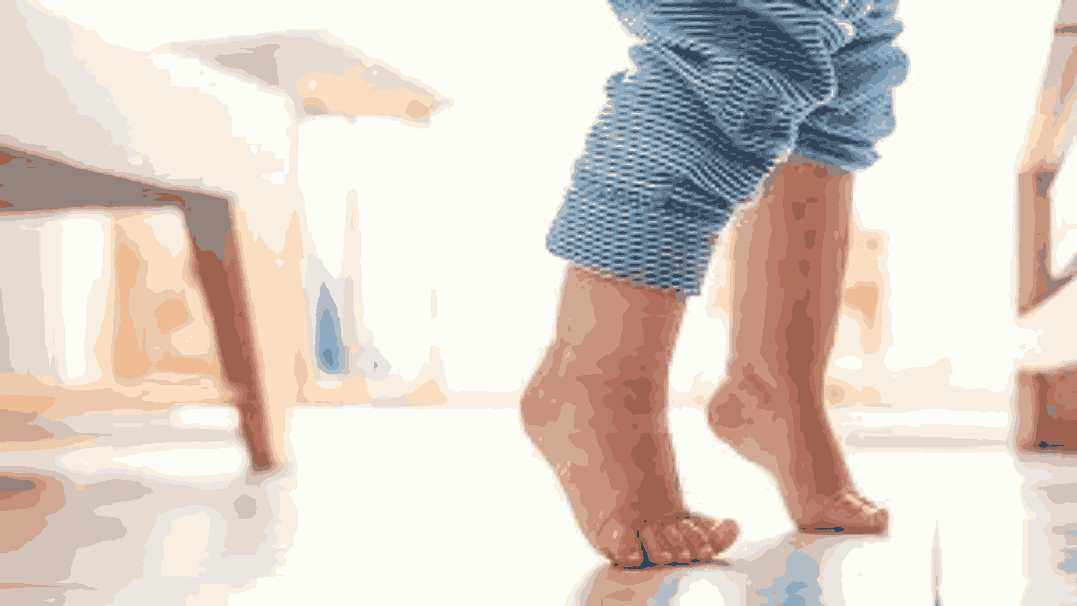5 Early Signs of Bone and Joint Problems in Children Every Parent Should Know
As children grow, occasional aches and pains are normal. But some signs may point to deeper orthopedic issues that require early intervention. Recognizing these early symptoms can help prevent long-term complications and ensure healthy development.
1. Persistent Limping
If your child is limping without a recent injury, it could indicate a problem in the hip, knee, or foot. Conditions like hip dysplasia or juvenile arthritis often begin with subtle limping.
2. Uneven Shoulders or Back
A visible curve in your child’s spine or uneven shoulder height might suggest scoliosis. Early detection is key to managing this condition effectively and avoiding severe spinal deformities.
3. Frequent Complaints of Joint or Muscle Pain
While “growing pains” are common, persistent or localized pain—especially if it affects sleep or activity—should be evaluated. It may point to conditions like juvenile arthritis, flat feet, or vitamin D deficiency.
4. Trouble Walking or Delayed Milestones
If your toddler is not walking by 18 months or shows signs of imbalance, it could indicate neuromuscular or orthopedic delays that require professional assessment.
5. Swelling, Redness, or Warmth in Joints
Inflammation in joints is a red flag. It could signal infection, autoimmune conditions, or trauma that shouldn’t be ignored.
When to See a Pediatric Orthopedic Specialist
If your child shows any of the signs above, early consultation can make all the difference. At Child OrthoCare, we specialize in diagnosing and treating orthopedic issues in children—ensuring safe, healthy growth.
Why Choose Child OrthoCare?
At Child OrthoCare, we specialize in evaluating children’s bone and joint health with a gentle, parent-friendly approach. Dr. Nargesh Agarwal brings years of experience in distinguishing between benign conditions like growing pains and more serious orthopedic concerns.
We aim to give you peace of mind while ensuring your child gets the care they truly need.




